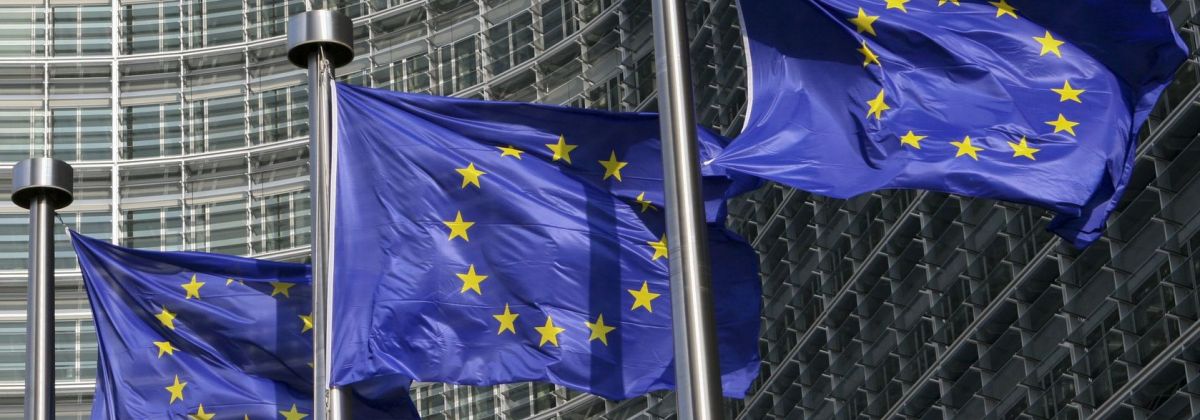A Short History of the European Union

8 November, 2017
The European Union began life in the 1950s as an economic project consisting of just six European countries (France, West Germany, Italy, Belgium, Luxembourg and the Netherlands) within which trade of coal and steel could take place with no barriers. The overarching purpose of the European Coal and Steel Community (as it was then known) was to integrate the economies of participating European nations to make conflict less likely. The context was of course two devastating World Wars in the previous fifty years and the desire was to prevent another.
By the 1970s the UK, Denmark and Ireland had joined what was now known as the European Economic Community and in the 1980s it had grown again to encompass Greece, Spain and Portugal.
In 1985 the Schengen Agreement was concluded which, once implemented, ended border controls on the movement of people (and goods). The UK opted out of participating in Schengen and as such EU travellers continue to face border controls when entering the UK to this day.
In 1993 the EEC/EC became the European Union with the signing of the Maastricht Treaty. This treaty introduced the concept of European Union citizenship and also led to the creation of the single currency (which came into circulation in 2002) and marked a major extension of the European project.
In 2004 the European Union experienced its largest enlargement with the accession of eight new East European states as well as Malta and Cyprus. In 2007 it grew larger still with the accession of Romania, Bulgaria and then Croatia in 2013.
The EU is now a political and economic union of 28 member states with a population of over 500 million citizens and which covers an area larger than India.
In respect of free movement of people, this has also developed over time. Free movement was originally designed for workers and the self employed to take up work in another member state. This was gradually expanded to include job seekers, students and those of independent means. Meanwhile, European Court of Justice case law has removed the requirement to be economically active.
This systematic removal of restrictions on EU migration coincided with an expansion of the EU to less wealthy countries with the result that the number of people migrating grew very substantially. Today over 11 million EU nationals live in another member state including 3.2 million EU nationals living in the UK.
In March 2019 the UK will become the first country to invoke Article 50 and leave the EU following a referendum on membership in June 2015. Previously, Greenland voted to leave the European Economic Community in 1985 and Algeria left in 1962 upon gaining independence from France.
